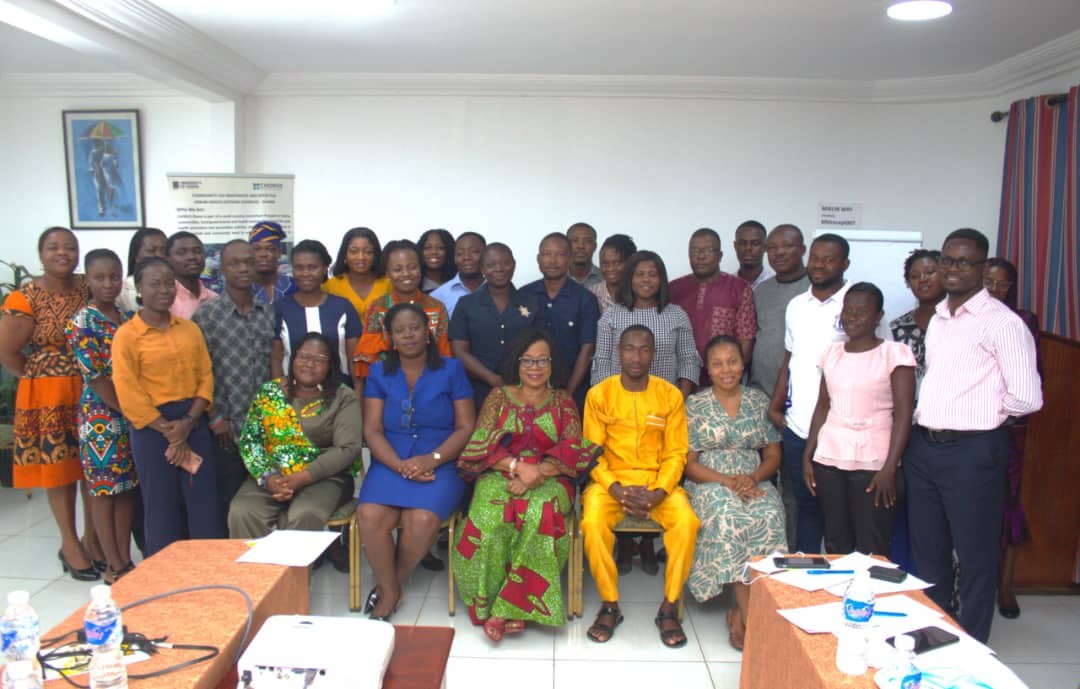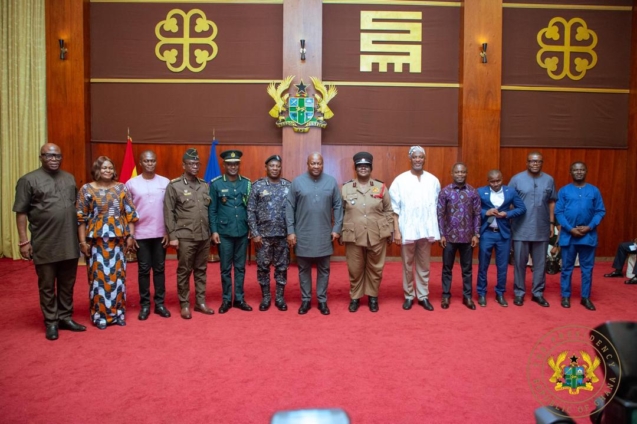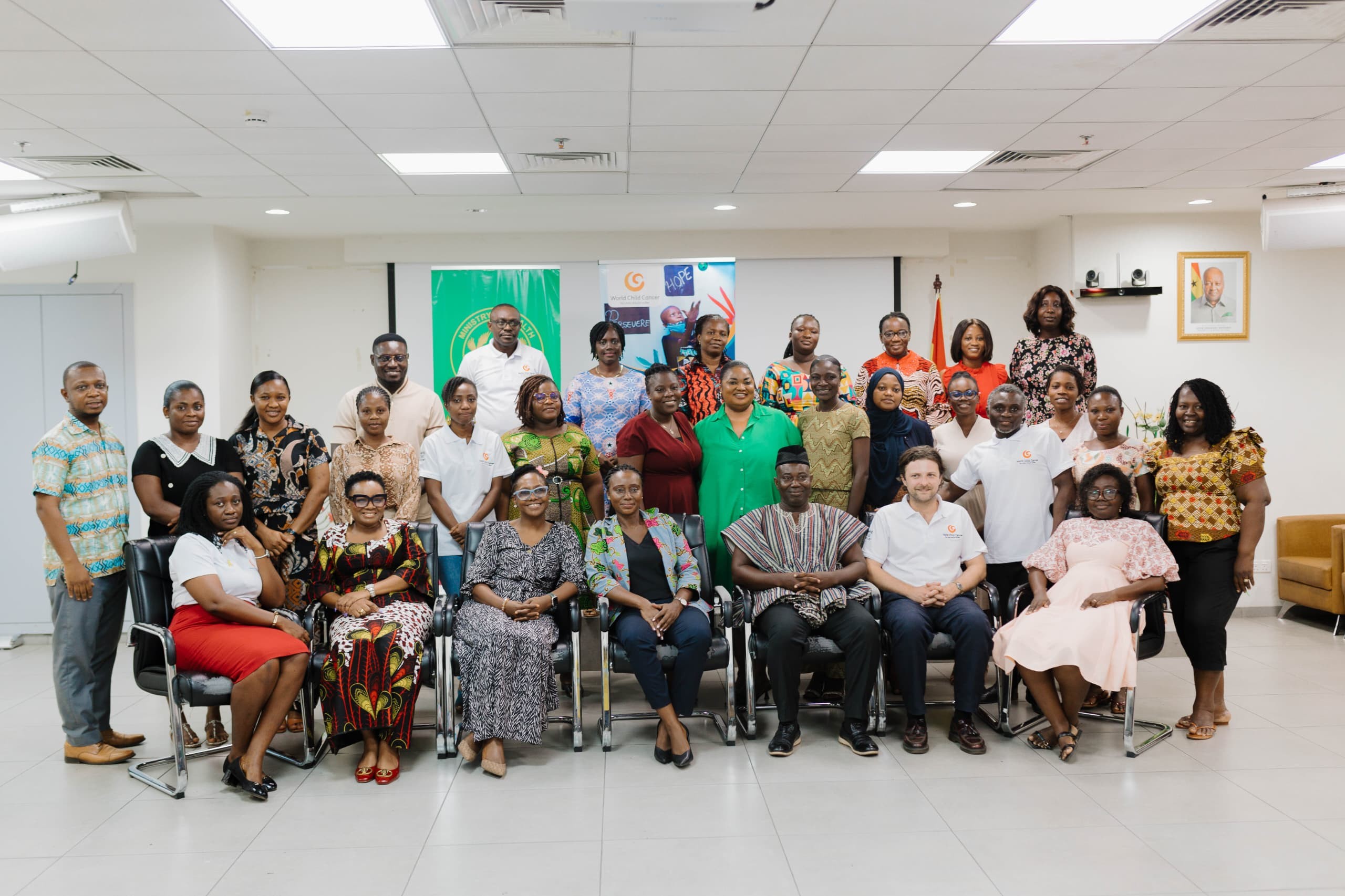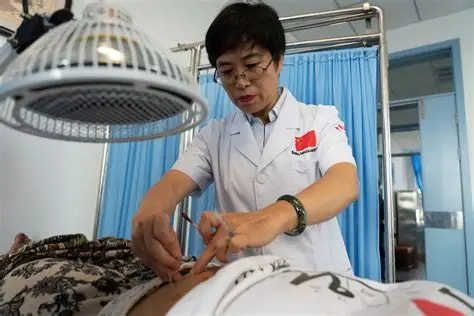An Associate Professor of Communication at the University of Ghana, Prof. Abena Yeboah-Banin, has urged journalists to take a more proactive role in demystifying scientific research findings for the general public, particularly on issues affecting urban health.
She warned that the persistent disconnect between researchers and the media continues to undermine the real-world impact of critical scientific data. If effectively communicated, such data, she said, could shape public understanding, influence behaviour, and improve health outcomes.
Prof. Yeboah-Banin made the remarks during a presentation at a two-day media capacity-building workshop held in Accra from July 8 to 9. The workshop was organised by the University of Ghana-based CHORUS Project in collaboration with Women, Media and Change (WOMEC), with the goal of enhancing journalists’ ability to report on health and science issues using data.
“The power of scientific research lies not only in discovery but in dissemination,” Prof. Yeboah-Banin noted. “If findings remain within the confines of academia and are not shared in a way the public can understand, then their potential to transform lives—especially in areas like urban health—is lost.”
She stressed that scientific knowledge must not be confined to researchers and policymakers alone. The media, she noted, has a responsibility to ensure that such knowledge reaches the public in an accurate, clear, and accessible manner.
Turning Complex Research Into Public Knowledge
Recognising the complexity of scientific language and processes, Prof. Yeboah-Banin urged journalists to equip themselves with the tools and skills needed for effective science communication.
She highlighted three key values that must underpin science-based reporting: the delivery of new knowledge, adherence to methodological rigour, and a commitment to evidence-based storytelling.
She also encouraged the use of credible science news journals, which she described as valuable resources that help simplify complex findings for public consumption.
“Science is only as impactful as its communication,” she said. “Journalists must be the translators who make this knowledge usable to the everyday person.”
Accuracy and Integrity in Science Journalism
Prof. Yeboah-Banin cautioned against oversimplifying or sensationalising scientific findings for the sake of newsworthiness. She stressed that journalists must uphold the highest ethical standards, ensuring accuracy, proper context, and reliance on verified data.
“Science reporting must be grounded in truth and responsibility. Misinterpretation or misrepresentation can cause more harm than good.”
Connecting Journalists with Researchers for Impact
Speaking on behalf of WOMEC, Dr. Charity Binka called on journalists to build stronger relationships with scientists, research institutions, and policymakers. She said that such collaborations would enhance the accuracy and credibility of health reporting, particularly on urban issues.
“There is a growing need for collaborative efforts between journalists and researchers, especially in addressing the pressing health challenges in urban areas,” she said.
CHORUS: Driving Health Solutions for Urban Communities
The CHORUS Project, focused on improving urban health, is funded by the UK’s Foreign, Commonwealth & Development Office (FCDO). In Ghana, it is led by the School of Public Health at the University of Ghana.
The project works with multiple stakeholders to co-create, implement, and evaluate sustainable health promotion and disease prevention interventions, tailored to the needs of urban poor populations.
By empowering journalists with data literacy and science communication skills, the project seeks to close the information gap between research and public understanding—ensuring that science ultimately serves the people it is meant to benefit.
By Margaret Esaah Boakye
Share Us



